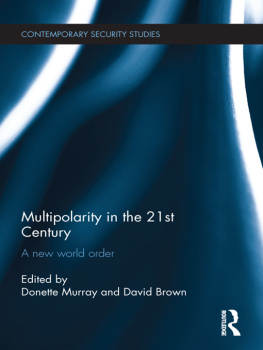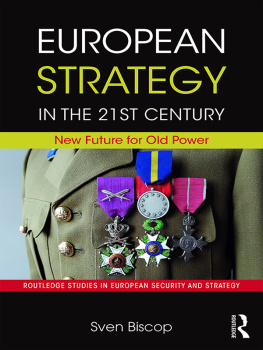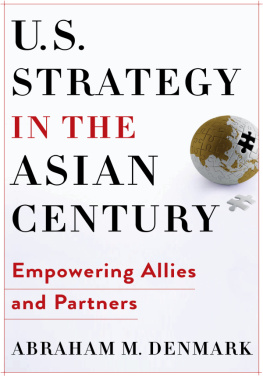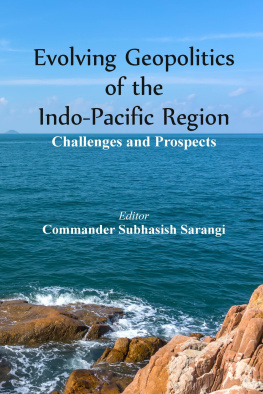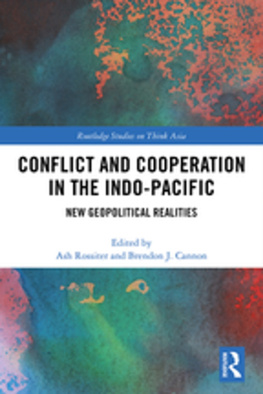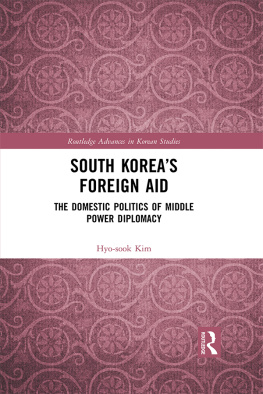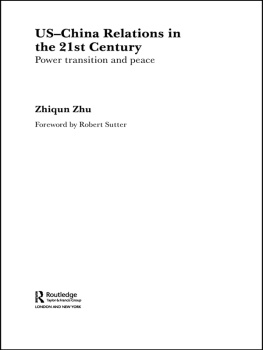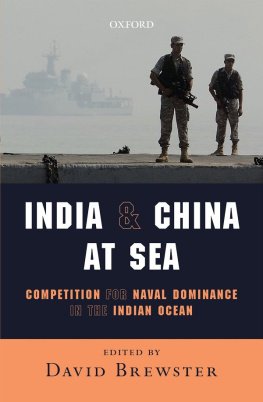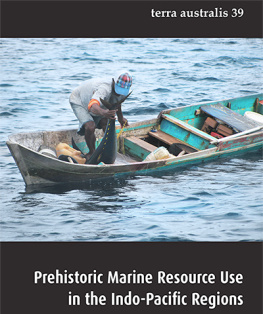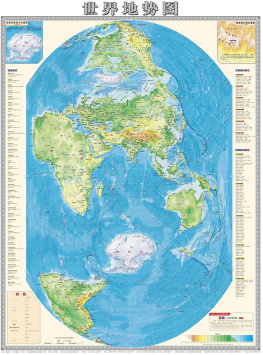Indonesias Foreign Policy and Grand Strategy in the 21st Century
This book examines the changes in Indonesian foreign policy during the 21st century as it seeks to position itself as a great power in the Indo-Pacific region.
The rise of 21st-century Indonesia is becoming a permanent fixture in both the domestic and global discourses. Though there has been an increasing level of discussion on Indonesias emerging power status, there has been little discussion on how the country is debating and signalling its new-found status. This book combines the insights of both neo-classical realism and social identity theory to discuss a reset in an emerging Indonesias foreign policy during the 21st century while emphasizing domestic drivers and constraints of its international behaviour. There are three key organizing components of the book emerging power, status signalling and the Indo-Pacific region. The Indo-Pacific region constitutes a spatial framing of the book; the emerging power provides an analytical category to explain Indonesias changing international status; and status signalling explains multiple facets of international behaviour through which the country is projecting its new status. Though leaders are adding different styles and characteristics to the rising Indonesia narrative, there are a few unmistakable overarching trends that highlight an increasing correlation between the countrys rising power and growing ambition in international behaviour. This book is built around four key signalling strategies of Indonesia as an emerging power expanded regional canvas, power projection, leadership projection, and quest for great power parity. They represent Indonesias growing desire for a status-consistent behaviour, its response to the prevailing strategic uncertainty in the Indo-Pacific region and its attempt to advance its strategic interests.
This book will be of much interest to students of South-East Asian politics, strategic studies, international diplomacy, security studies and IR in general.
Vibhanshu Shekhar is an Adjunct Faculty at the American University, Washington DC, USA, and is author/editor of five books on foreign policy.
Asian Security Studies
Series Editors: Sumit Ganguly
Indiana University, Bloomington
Andrew Scobell
Research and Development (RAND) Corporation, Santa Monica
and
Joseph Chinyong Liow,
Nanyang Technological University, Singapore
Few regions of the world are fraught with as many security questions as Asia. Within this region it is possible to study great power rivalries, irredentist conflicts, nuclear and ballistic missile proliferation, secessionist movements, ethnoreligious conflicts and inter-state wars. This book series publishes the best possible scholarship on the security issues affecting the region, and includes detailed empirical studies, theoretically oriented case studies and policy-relevant analyses as well as more general works.
Democratic Transition and Security in Pakistan
Edited by Shaun Gregory
Chinas Use of Military Force in Foreign Affairs
The dragon strikes Markus B. Liegl
Regional Institutions, Geopolitics and Economics in the Asia Pacific
Evolving interests and strategies
Edited by Steven B. Rothman, Utpal Vyas and Yoichiro Sato
ChineseJapanese Competition and the East Asian Security Complex
Vying for influence
Edited by Jeffrey Reeves, Kerry Lynn Nankivell and Jeffrey Hornung
China and the Senkaku/Diaoyu Islands Dispute
Escalation and de-escalation Balazs Szanto
China and Nordic Diplomacy
Edited by Bjrnar Sverdrup-Thygeson, Wrenn Yennie Lindgren and Marc Lanteigne
Indonesias Foreign Policy and Grand Strategy in the 21st Century
Rise of an Indo-Pacific power
Vibhanshu Shekhar
First published 2018
by Routledge
2 Park Square, Milton Park, Abingdon, Oxon OX14 4RN
and by Routledge
711 Third Avenue, New York, NY 10017
Routledge is an imprint of the Taylor & Francis Group, an informa business
2018 Vibhanshu Shekhar
The right of Vibhanshu Shekhar to be identified as author of this work has been asserted by him in accordance with sections 77 and 78 of the Copyright, Designs and Patents Act 1988.
All rights reserved. No part of this book may be reprinted or reproduced or utilized in any form or by any electronic, mechanical, or other means, now known or hereafter invented, including photocopying and recording, or in any information storage or retrieval system, without permission in writing from the publishers.
Trademark notice: Product or corporate names may be trademarks or registered trademarks, and are used only for identification and explanation without intent to infringe.
British Library Cataloguing-in-Publication Data
A catalogue record for this book is available from the British Library
Library of Congress Cataloging-in-Publication Data
A catalog record for this book has been requested
ISBN: 978-1-138-67491-2 (hbk)
ISBN: 978-1-317-19989-2 (ebk)
Typeset in Times New Roman
by Wearset Ltd, Boldon, Tyne and Wear
Dedicated to
my late father
and
newborn daughterThere is a near consensus among IR experts that the nature and character of the global order in the 21st century is likely to be fundamentally different from that of the 20th century order. At the heart of this transformation lies the rise of Asian powers and the Indo-Pacific region, which has pushed the entire eastern Asian hemisphere to the forefront of global strategic discourses and produced new regional and global alignments. The rise of Indonesia is one of the most important stories of this global transformation.
Jakartas rise has been swift, and its outlook has changed dramatically during the last two decades. An authoritarian state under Suharto, and a country on the brink of collapse in 1998, has emerged as an economic powerhouse in Asia and the third largest democracy in the world. Indonesia has been identified as a country with great power aspirations, Asias third giant, a rising power, an emerging democratic power a global swing state, one of Asias leading powers, a regional pivot, a rising maritime power and probably the worlds first Muslim and democratic superpower, highlighting the countrys new-found status in regional and global politics. More often than not, these euphemisms are used interchangeably to signal emerging Indonesias elevated international status and broader worldview.
Emerging Indonesia is bulging out of its Southeast Asian suit. Having established itself as a leading power in Southeast Asia, Jakarta has been clamouring for a larger profile and broader geostrategic worldview. Building on its Asia-Pacific and East Asian outlook, Jakarta has latched onto a broader narrative of Indonesia as an Indo-Pacific power, straddling the largest (Pacific Ocean) and the busiest (Indian Ocean) oceans in the world. It is expanding the geopolitical canvas of its regional diplomacy; declaring itself a maritime power; augmenting its military capability; and presenting itself as an emerging great power in the Indo-Pacific region.


